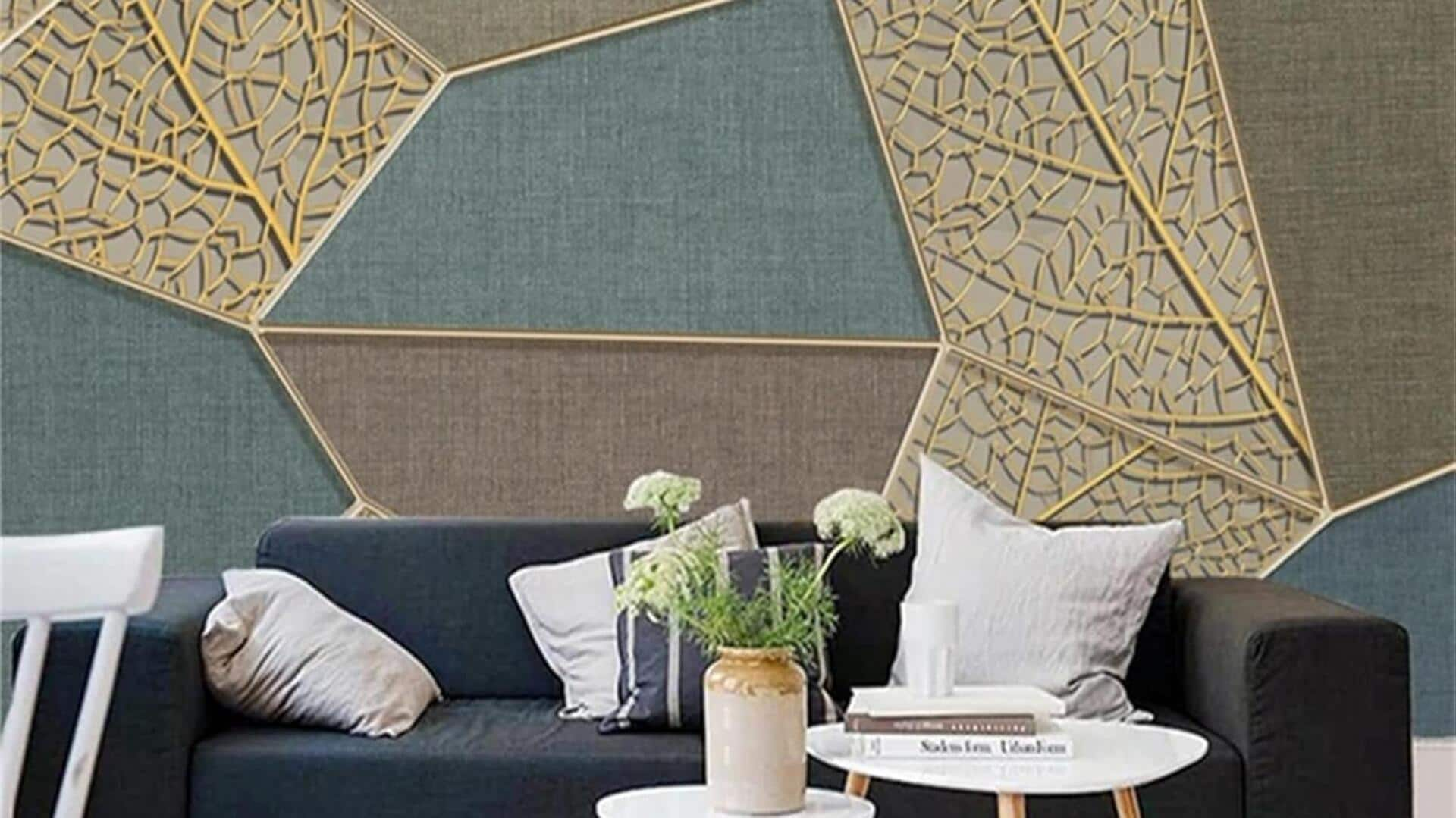
Geometric patterns + color: A must-try home decor combo
What's the story
Geometric patterns and bold colors can do wonders for your home decor, instantly adding a modern touch to any space. These elements, when combined, can create dynamic and visually appealing environments. From walls to furniture, the possibilities are endless. By understanding how to effectively use geometric designs with vibrant hues, you can transform ordinary rooms into extraordinary ones without the need for extensive renovations or costly investments.
Pattern selection
Choose the right geometric patterns
Choosing the right geometric pattern is essential to set the tone of your decor. Simple shapes like triangles or hexagons can give a clean, contemporary look, while more complex designs can add depth and interest. It's important to consider the size of your space; larger patterns may overwhelm smaller rooms, while intricate designs might get lost in bigger areas. Balance is key.
Color pairing
Pair colors wisely
Pairing bold colors with geometric patterns requires some thought. Complementary colors can make patterns pop, while analogous shades create harmony. For instance, pairing a bright blue with orange accents can make a striking contrast that draws attention without clashing. Experimenting with different combinations on smaller surfaces like cushions or rugs can help you find the perfect match before committing to larger areas.
Strategic accents
Use accents strategically
Accentuating geometric patterns with bold colors in smaller elements can be a smart way to introduce these design elements into your home. Think of cushions, throws, or even artwork that feature these motifs. This way, you can add layers of interest without overwhelming the senses. It's a subtle yet effective way to bring modernity into your space.
Neutral balance
Balance with neutral tones
Incorporating neutral tones into spaces decorated with bold colors and geometric patterns is essential to keep things balanced. Whites, grays, or beiges act as calming agents that tone down the intensity of bright hues and complex designs. They provide breathing space in between vibrant elements, making sure that no single aspect dominates the room's aesthetic appeal.